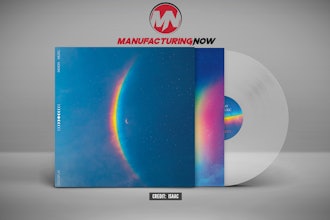For many years, U.S. businesses have decried efforts by other countries to steal their intellectual property – with China being the primary target for many of these accusations.
One 2017 report estimated that the cost to the U.S. of Chinese counterfeits, stolen trade secrets and pirated software was upwards of $600 billion per year.
It’s these types of concerns that have resulted in red flags over proposed business dealings between the two countries, though interestingly a newly announced venture in automotive seems to have flipped the script: Bloomberg is reporting that Chinese officials have some concerns about a new multi-billion-dollar deal involving Ford Motor Company and Chinese battery company CATL.
Ford announced a few weeks back that it would invest more than $3 billion to build a factory in Michigan to build batteries via a licensing deal with tech partner, Chinese-based CATL. CATL has established itself as a leader in electric vehicle batteries and will bring a new type of battery to Ford’s line-up – the lithium-iron-phosphate, or LFP, design which is said to offer several benefits over the current batteries Ford utilizes.
And since CATL is the one bringing this highly beneficial technology to the deal, Bloomberg is reporting that senior Chinese officials are asking for extra scrutiny to be applied to the deal – specifically to ensure that CATL’s valuable tech won’t be handed over to Ford.
According to Bloomberg, “while Beijing is pleased the deal showcases China’s prowess in the EV battery space, officials are concerned that competitive aspects of CATL’s technology could be given to or accessed by the American automaker.” The article goes on to add that the deal’s extra layer of examination is likely a result of currently strained US-China relations, though the sources don’t believe the deal will be blocked.
Speaking of torpedoed deals, this Ford plant is the very same project that Virginia Governor Glenn Youngkin famously spoke out against when he said he would withdraw his state from consideration for the project – characterizing the deal as a “front” for the Chinese Communist party.
This will be the first U.S. plant to produce LFP batteries, and Bloomberg says “the arrangement is being seen as a possible template for how automakers in the U.S. can still secure tax advantages while benefiting from China’s battery prowess.”






















